How Event Registration Apps Streamline the Attendee Experience from Start to Finish
Planning a successful event doesn’t end with choosing the venue or lining up top-tier speakers. One of the most critical — yet often overlooked — elements is how attendees register and navigate the event experience. In today’s digital-first world, the use of an event registration app is no longer optional; it’s essential for delivering a seamless and satisfying experience for attendees. From the moment someone signs up to the final post-event survey, a well-designed registration app can simplify logistics, eliminate friction, and enhance engagement every step of the way. Let’s dive into how event registration apps create a smooth journey for attendees — and why your event can benefit from adopting one. 1. Effortless Sign-Up Process First impressions matter. A complicated or outdated registration process can turn potential attendees away. Event registration apps offer a simple, user-friendly interface that allows users to sign up in minutes — often with just a few taps on their smartphone. Attendees can fill out forms, select ticket types, apply discount codes, and make secure payments in one seamless flow. Many apps also support single sign-on (SSO) or social logins (like Google or LinkedIn), making the process even faster. This convenience boosts registration rates and ensures a frictionless entry into the event experience. 2. Instant Confirmation and Digital Tickets After registering, attendees typically receive immediate confirmation, along with a QR code or digital ticket they can use for event entry. This eliminates confusion and provides peace of mind. The registration app securely stores this ticket, so there's no need for printing or searching through emails. Some apps also allow attendees to add tickets to Apple Wallet or Google Pay, enhancing convenience further. This digital-first approach ensures that check-in at the venue is quick, contactless, and stress-free. 3. Personalized Schedules and Agendas Once registered, attendees can explore the event’s agenda and build a personalized schedule based on their interests. They can bookmark sessions, add reminders, and get notified about upcoming talks or activities. This level of customization helps attendees make the most of their time and ensures they’re always in the right place at the right time. For multi-track events or conferences with overlapping sessions, this is a game-changer. Organizers also benefit, as real-time data on which sessions are popular can help with room management and future planning. 4. Fast, Contactless Check-In On the day of the event, long lines and manual check-ins can sour the experience. With a registration app, attendees can check in via a quick QR scan at the entrance or kiosks — often in seconds. This not only speeds up entry but also minimizes physical contact, which is especially important in a post-pandemic world. Some apps even support facial recognition check-in or NFC-based scanning, offering a high-tech touch that impresses guests. 5. Real-Time Updates and Notifications During the event, changes are inevitable — a speaker runs late, a session moves rooms, or a workshop gets rescheduled. With a registration app, organizers can send push notifications in real time to alert attendees instantly. This ensures everyone stays informed without the need for printed notices or announcements over a loudspeaker. Attendees feel more in control and less likely to miss important updates. 6. Integrated Networking Features Many event registration apps include built-in networking tools. Once logged in, attendees can view the list of participants, send messages, and schedule meetups. Some even use AI to recommend connections based on shared interests or roles. These features turn a simple registration app into a full event engagement platform, helping attendees build meaningful relationships and get more value from their time at the event. 7. Session Access Control and Badge Printing Registration apps can also manage session access by assigning digital or physical badges linked to the attendee’s profile. These badges can be scanned to allow entry into specific sessions, workshops, or VIP areas. If integrated with on-site badge printing, attendees can print their custom badge in seconds upon arrival, complete with name, company, QR code, and color-coded access levels. This adds a layer of professionalism while ensuring only authorized guests enter certain areas. 8. Feedback and Post-Event Surveys After the event, most organizers want feedback — and attendees are more likely to respond when it’s convenient. Registration apps can send automated surveys with simple rating tools or open-ended questions right through the app. Since attendees are already engaged on the platform, the response rate is often much higher than traditional email surveys. This real-time feedback is crucial for measuring event success and improving futu
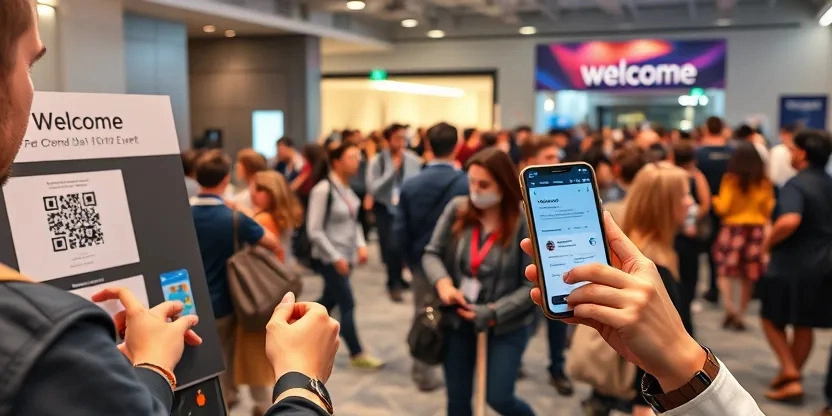
Planning a successful event doesn’t end with choosing the venue or lining up top-tier speakers. One of the most critical — yet often overlooked — elements is how attendees register and navigate the event experience. In today’s digital-first world, the use of an event registration app is no longer optional; it’s essential for delivering a seamless and satisfying experience for attendees.
From the moment someone signs up to the final post-event survey, a well-designed registration app can simplify logistics, eliminate friction, and enhance engagement every step of the way.
Let’s dive into how event registration apps create a smooth journey for attendees — and why your event can benefit from adopting one.
1. Effortless Sign-Up Process
First impressions matter. A complicated or outdated registration process can turn potential attendees away. Event registration apps offer a simple, user-friendly interface that allows users to sign up in minutes — often with just a few taps on their smartphone.
Attendees can fill out forms, select ticket types, apply discount codes, and make secure payments in one seamless flow. Many apps also support single sign-on (SSO) or social logins (like Google or LinkedIn), making the process even faster.
This convenience boosts registration rates and ensures a frictionless entry into the event experience.
2. Instant Confirmation and Digital Tickets
After registering, attendees typically receive immediate confirmation, along with a QR code or digital ticket they can use for event entry. This eliminates confusion and provides peace of mind.
The registration app securely stores this ticket, so there's no need for printing or searching through emails. Some apps also allow attendees to add tickets to Apple Wallet or Google Pay, enhancing convenience further.
This digital-first approach ensures that check-in at the venue is quick, contactless, and stress-free.
3. Personalized Schedules and Agendas
Once registered, attendees can explore the event’s agenda and build a personalized schedule based on their interests. They can bookmark sessions, add reminders, and get notified about upcoming talks or activities.
This level of customization helps attendees make the most of their time and ensures they’re always in the right place at the right time. For multi-track events or conferences with overlapping sessions, this is a game-changer.
Organizers also benefit, as real-time data on which sessions are popular can help with room management and future planning.
4. Fast, Contactless Check-In
On the day of the event, long lines and manual check-ins can sour the experience. With a registration app, attendees can check in via a quick QR scan at the entrance or kiosks — often in seconds.
This not only speeds up entry but also minimizes physical contact, which is especially important in a post-pandemic world. Some apps even support facial recognition check-in or NFC-based scanning, offering a high-tech touch that impresses guests.
5. Real-Time Updates and Notifications
During the event, changes are inevitable — a speaker runs late, a session moves rooms, or a workshop gets rescheduled. With a registration app, organizers can send push notifications in real time to alert attendees instantly.
This ensures everyone stays informed without the need for printed notices or announcements over a loudspeaker. Attendees feel more in control and less likely to miss important updates.
6. Integrated Networking Features
Many event registration apps include built-in networking tools. Once logged in, attendees can view the list of participants, send messages, and schedule meetups. Some even use AI to recommend connections based on shared interests or roles.
These features turn a simple registration app into a full event engagement platform, helping attendees build meaningful relationships and get more value from their time at the event.
7. Session Access Control and Badge Printing
Registration apps can also manage session access by assigning digital or physical badges linked to the attendee’s profile. These badges can be scanned to allow entry into specific sessions, workshops, or VIP areas.
If integrated with on-site badge printing, attendees can print their custom badge in seconds upon arrival, complete with name, company, QR code, and color-coded access levels.
This adds a layer of professionalism while ensuring only authorized guests enter certain areas.
8. Feedback and Post-Event Surveys
After the event, most organizers want feedback — and attendees are more likely to respond when it’s convenient. Registration apps can send automated surveys with simple rating tools or open-ended questions right through the app.
Since attendees are already engaged on the platform, the response rate is often much higher than traditional email surveys. This real-time feedback is crucial for measuring event success and improving future experiences.
9. Analytics and Insights for Organizers
While attendees enjoy a seamless experience, organizers get a powerful backend with real-time analytics. Metrics such as check-in times, session attendance, and user engagement help evaluate the event’s success.
These insights allow for data-driven decisions — like identifying which speakers resonated most or when peak traffic occurred — and help optimize future event strategies.
Conclusion
Event registration apps do much more than facilitate sign-ups — they guide the entire attendee experience from beginning to end. From fast check-ins and personalized schedules to live updates and post-event feedback, these apps ensure that each attendee feels informed, engaged, and valued.
In today’s competitive event landscape, delivering a seamless attendee journey isn’t just a goal — it’s a necessity. And with the right registration app, achieving it becomes effortless.





















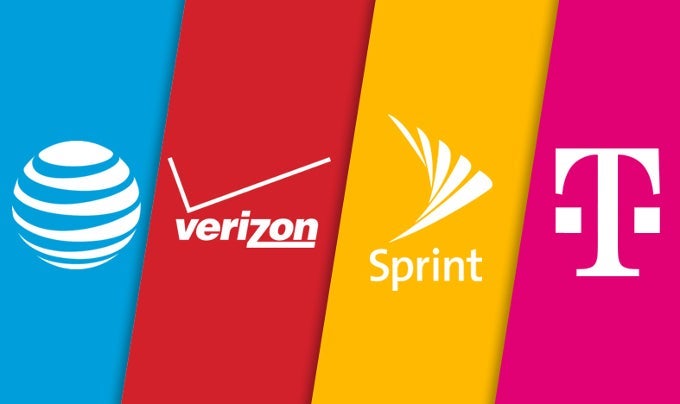
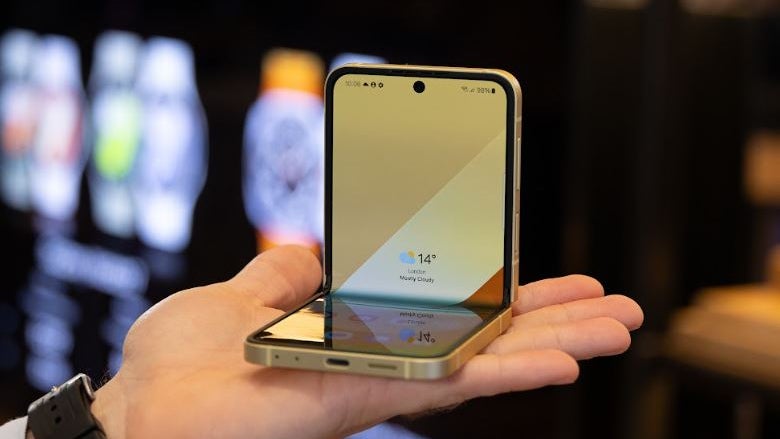
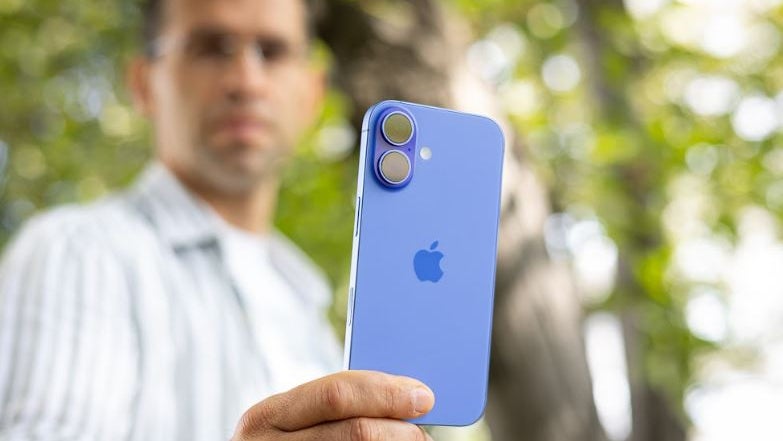



















![Mobile Legends: Bang Bang [MLBB] Free Redeem Codes April 2025](https://www.talkandroid.com/wp-content/uploads/2024/07/Screenshot_20240704-093036_Mobile-Legends-Bang-Bang.jpg)











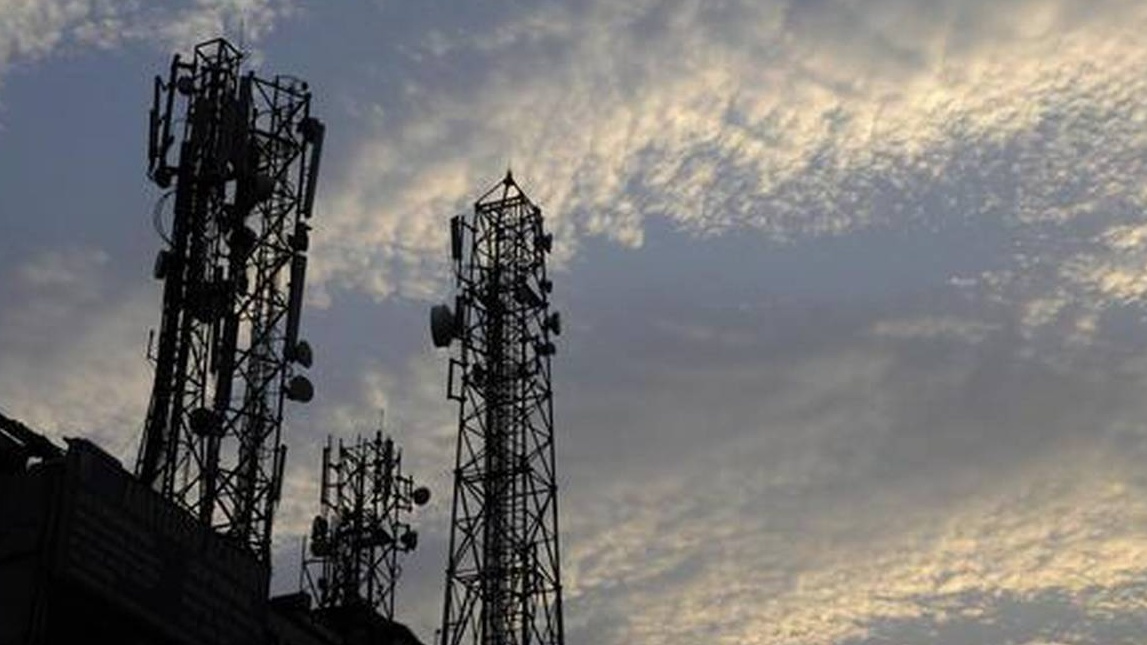
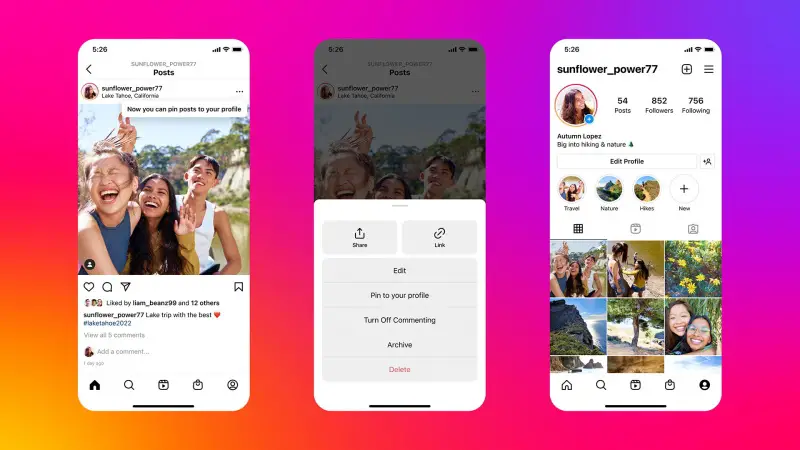
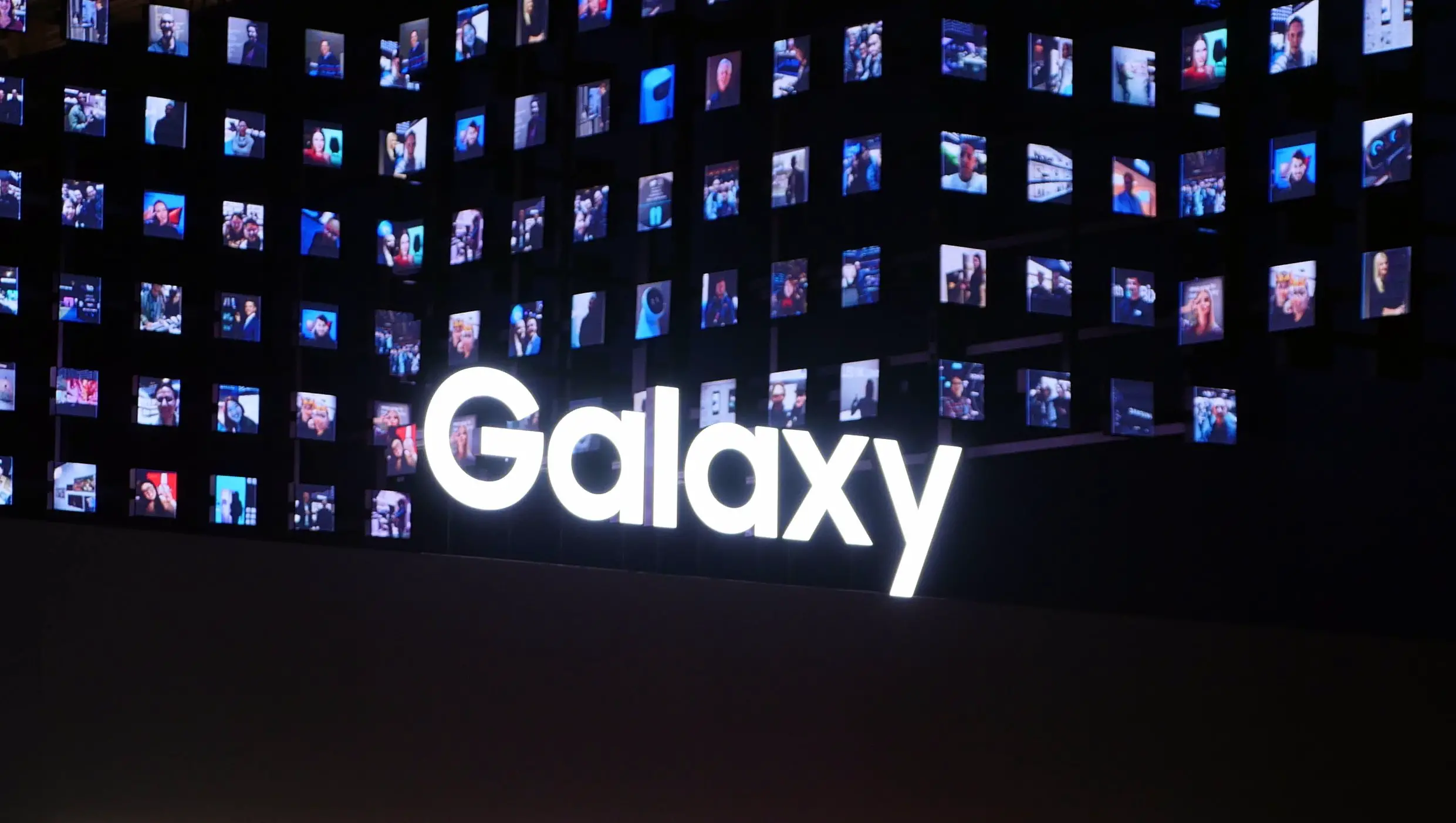









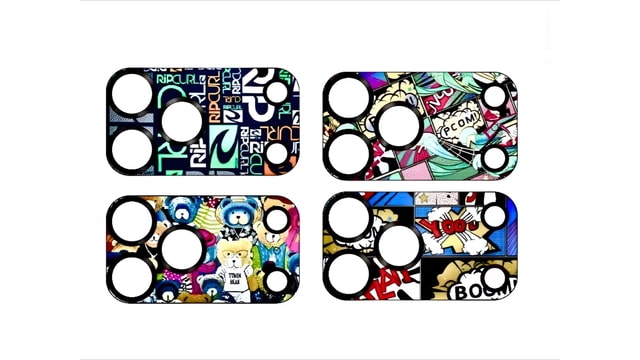
![Apple Shares Official Trailer for 'Long Way Home' Starring Ewan McGregor and Charley Boorman [Video]](https://www.iclarified.com/images/news/97069/97069/97069-640.jpg)
![Apple Watch Series 10 Back On Sale for $299! [Lowest Price Ever]](https://www.iclarified.com/images/news/96657/96657/96657-640.jpg)
![Apple Slips to Fifth in China's Smartphone Market with 9% Decline [Report]](https://www.iclarified.com/images/news/97065/97065/97065-640.jpg)














![What features do you get with Gemini Advanced? [April 2025]](https://i0.wp.com/9to5google.com/wp-content/uploads/sites/4/2024/02/gemini-advanced-cover.jpg?resize=1200%2C628&quality=82&strip=all&ssl=1)






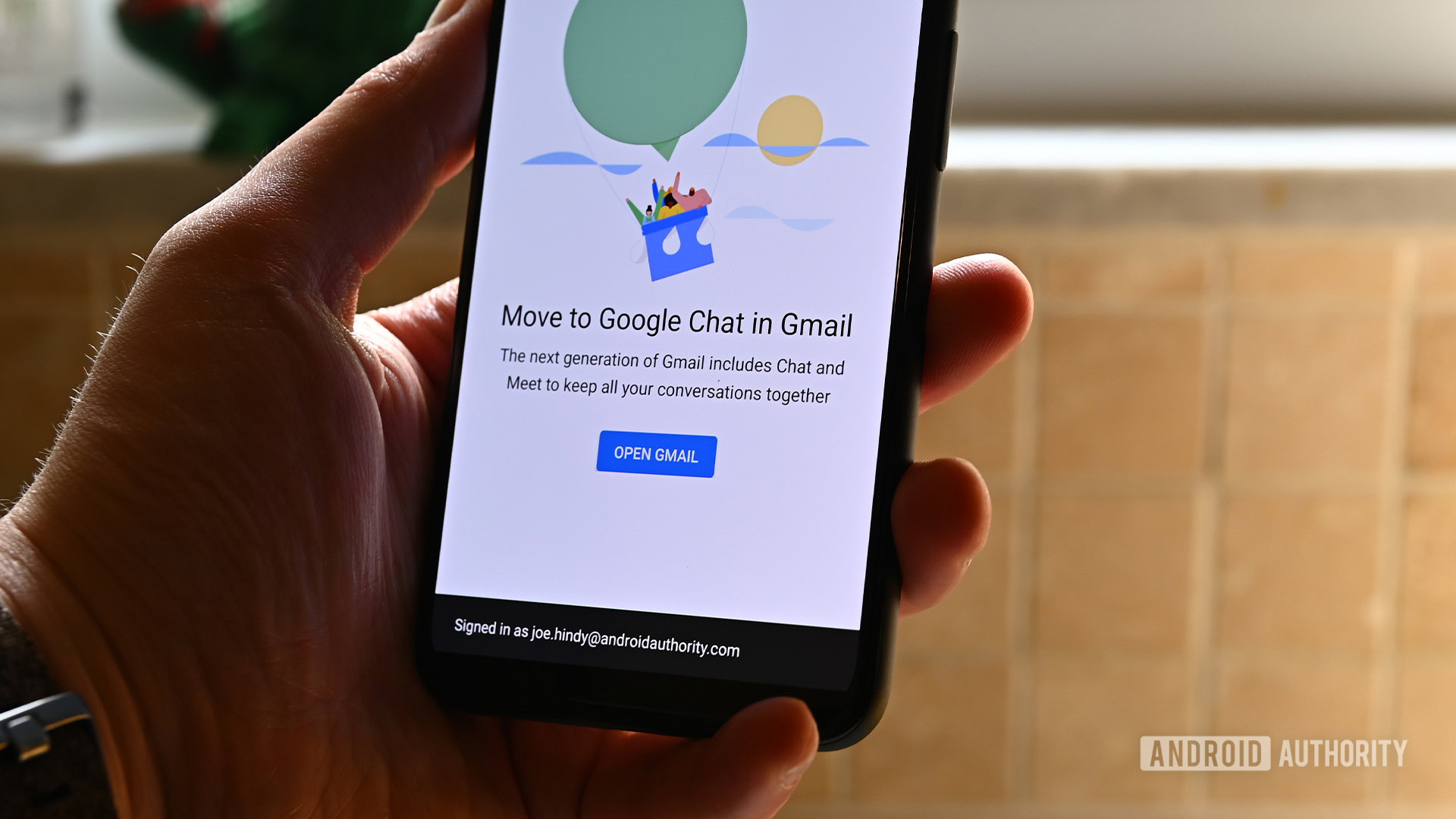
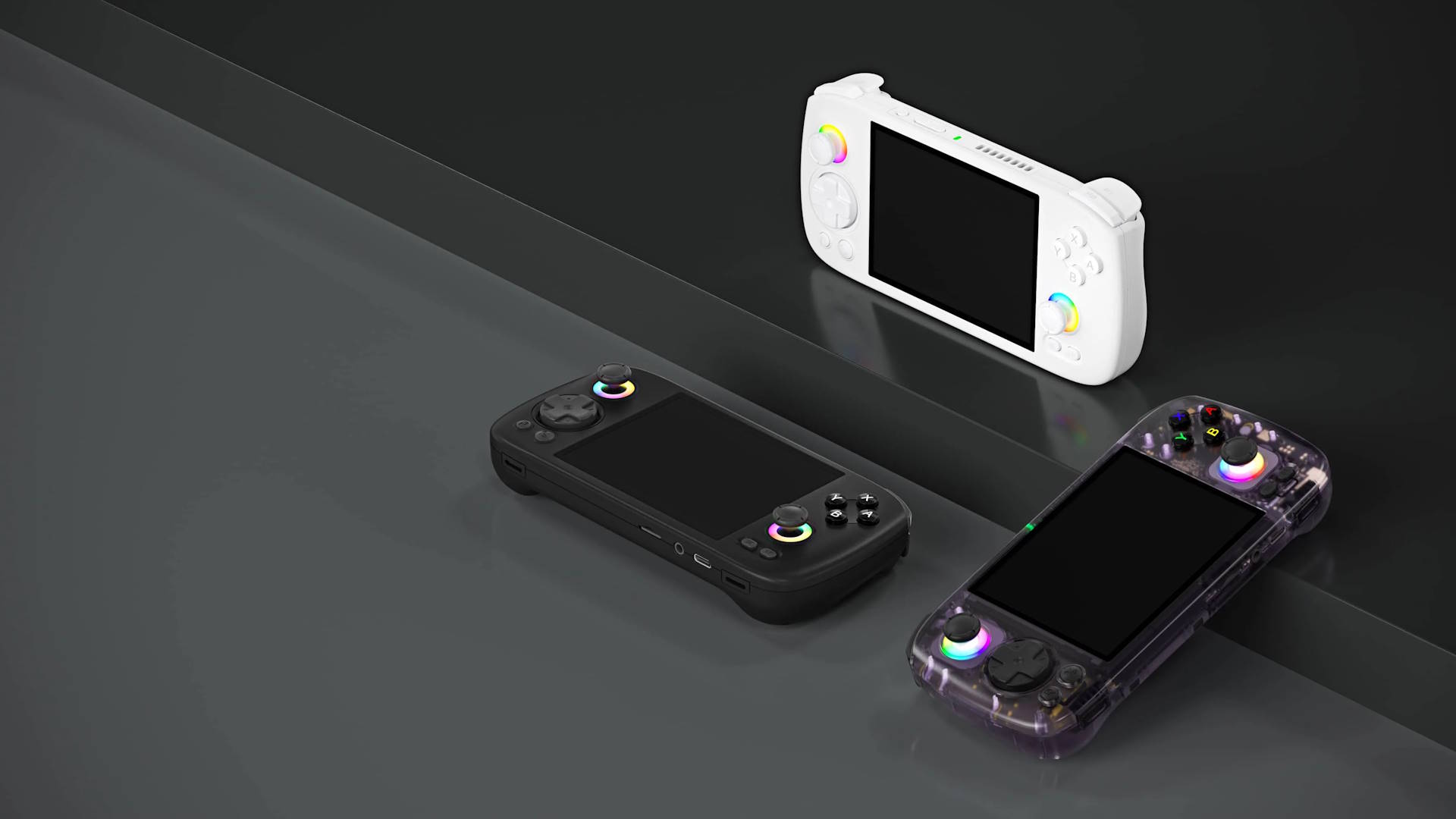
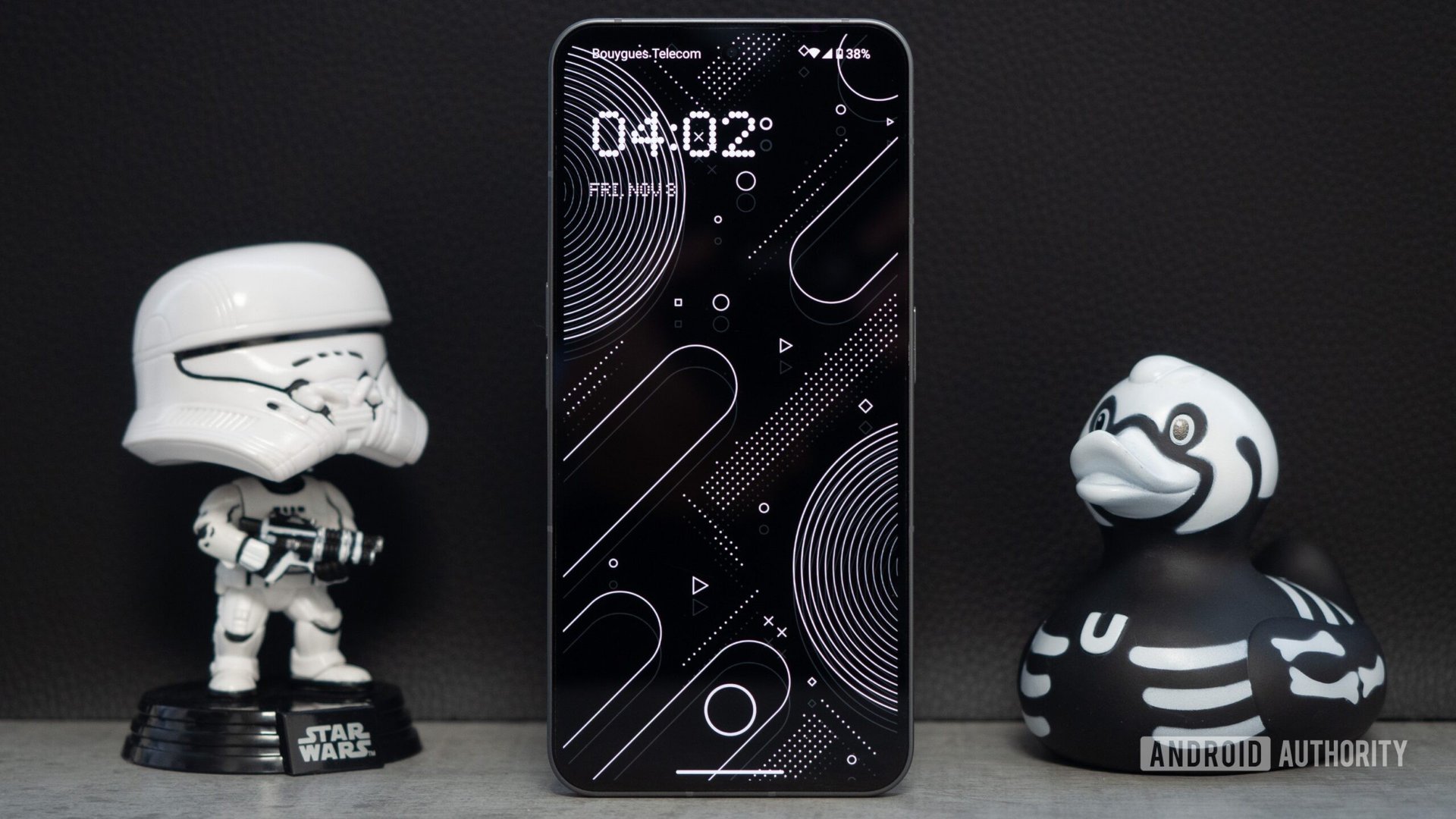
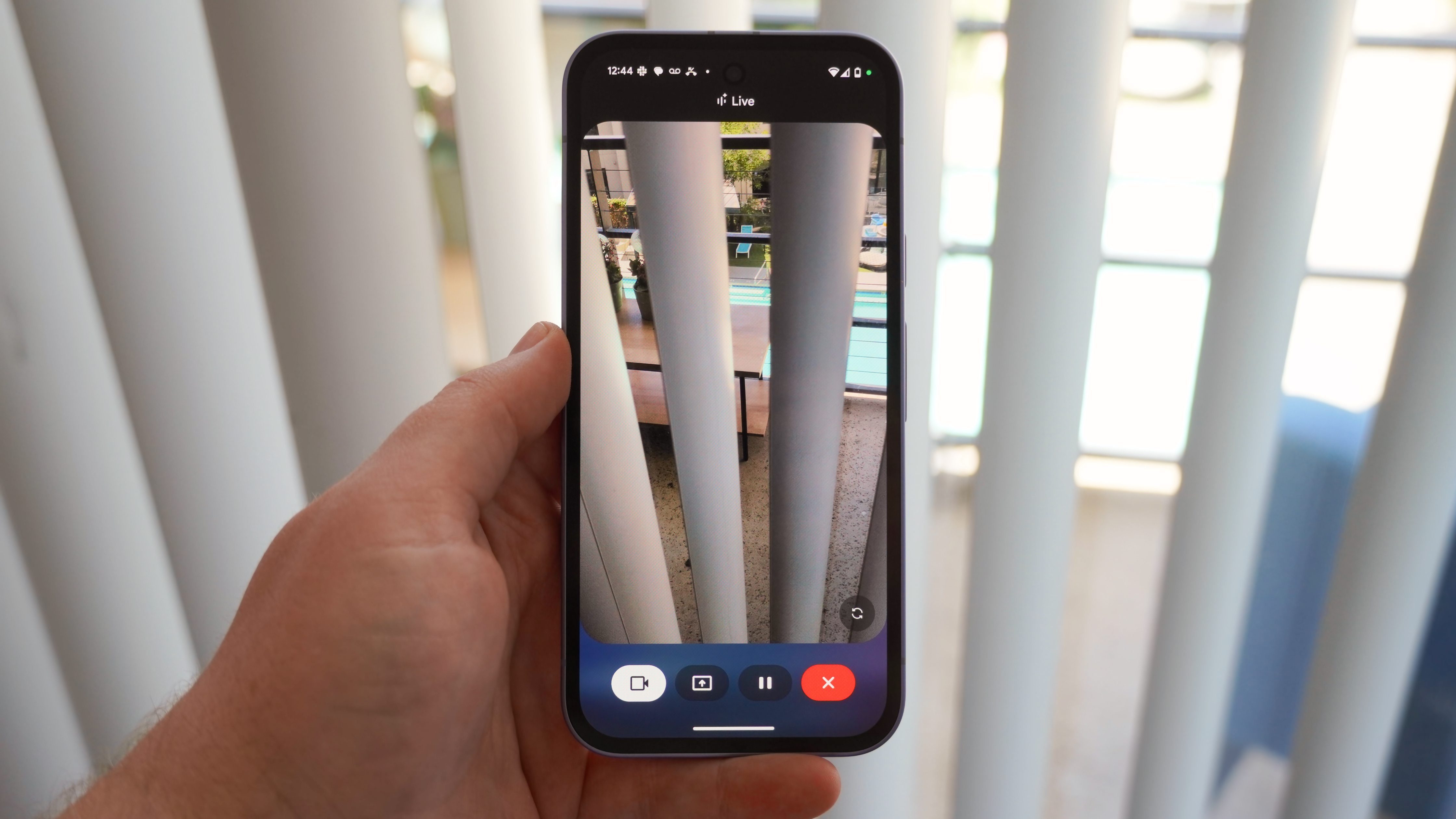
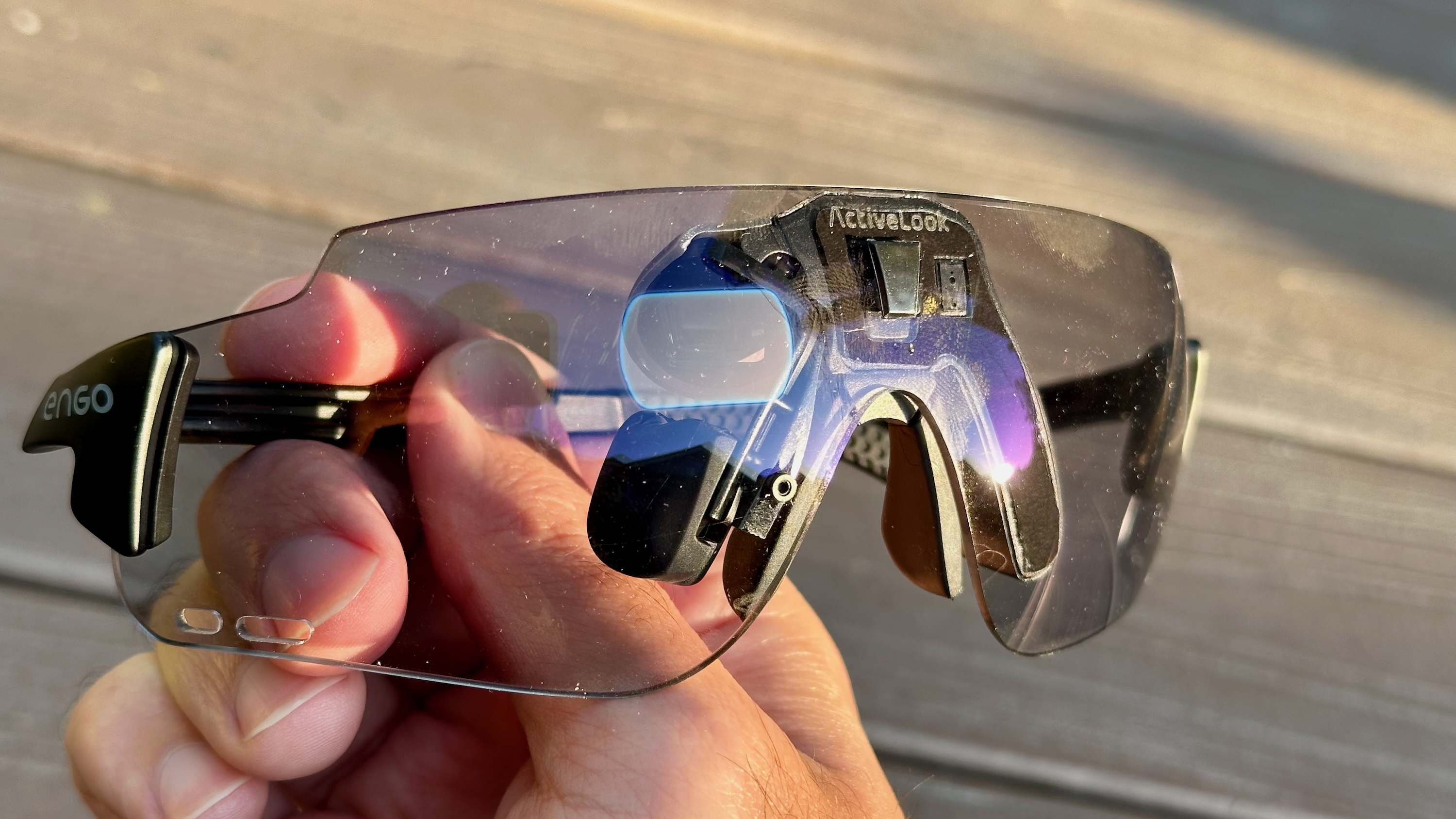













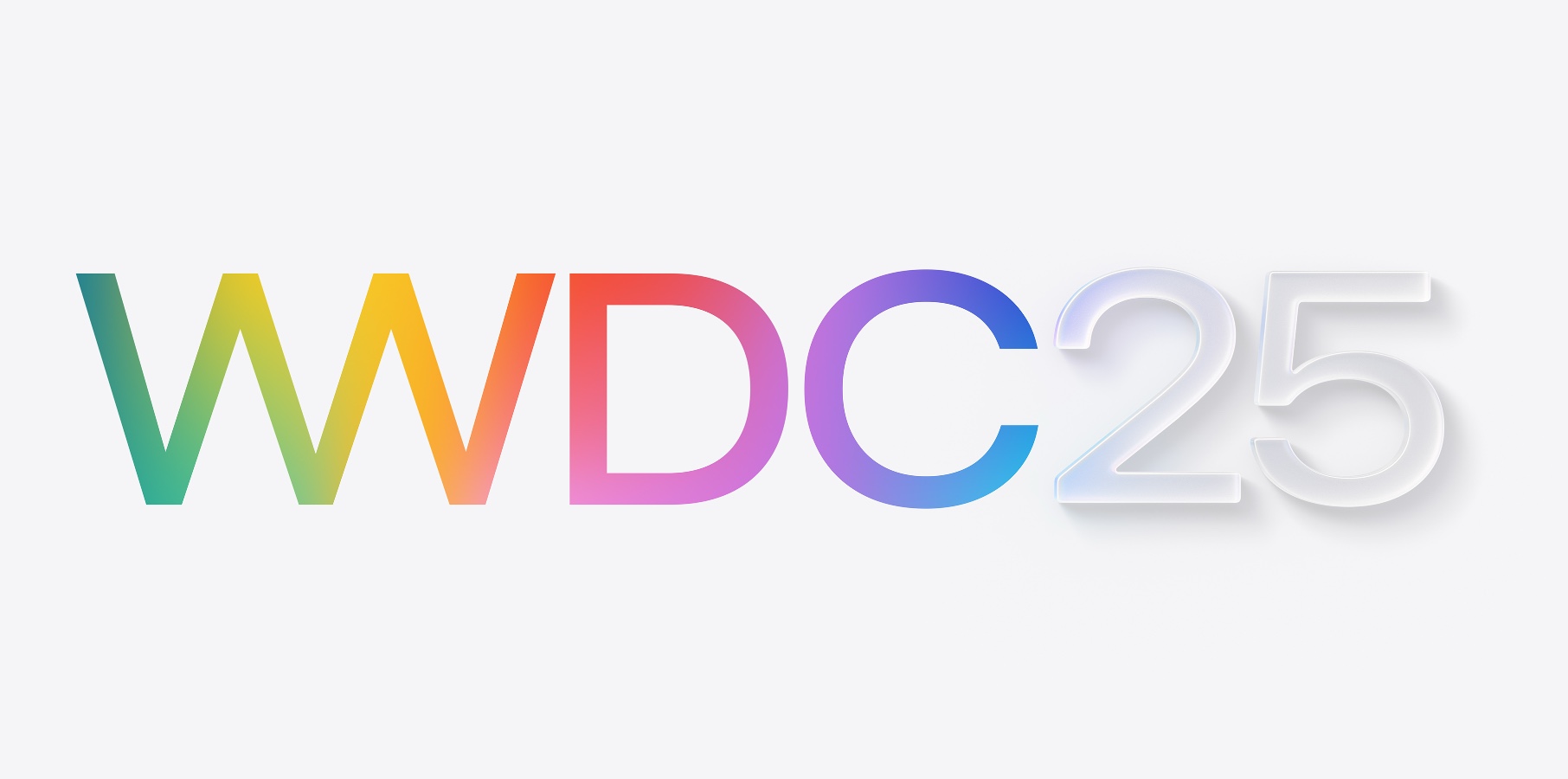






































































_Andreas_Prott_Alamy.jpg?width=1280&auto=webp&quality=80&disable=upscale#)




















































































![[The AI Show Episode 144]: ChatGPT’s New Memory, Shopify CEO’s Leaked “AI First” Memo, Google Cloud Next Releases, o3 and o4-mini Coming Soon & Llama 4’s Rocky Launch](https://www.marketingaiinstitute.com/hubfs/ep%20144%20cover.png)












































































































































![[DEALS] The All-in-One Microsoft Office Pro 2019 for Windows: Lifetime License + Windows 11 Pro Bundle (89% off) & Other Deals Up To 98% Off](https://www.javacodegeeks.com/wp-content/uploads/2012/12/jcg-logo.jpg)





























































































